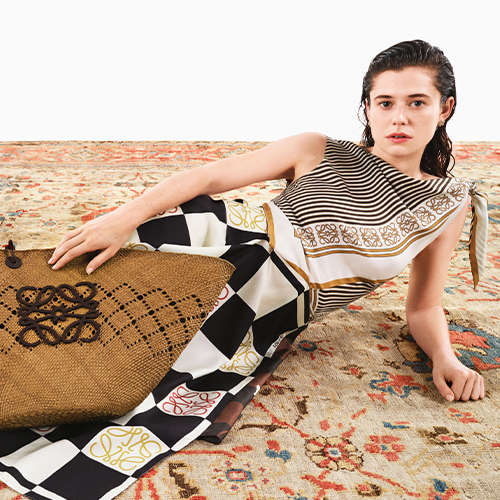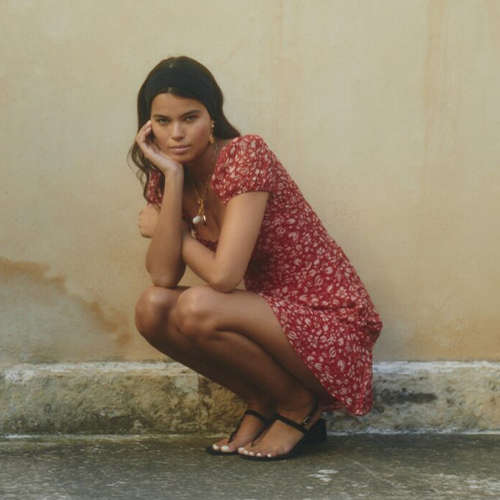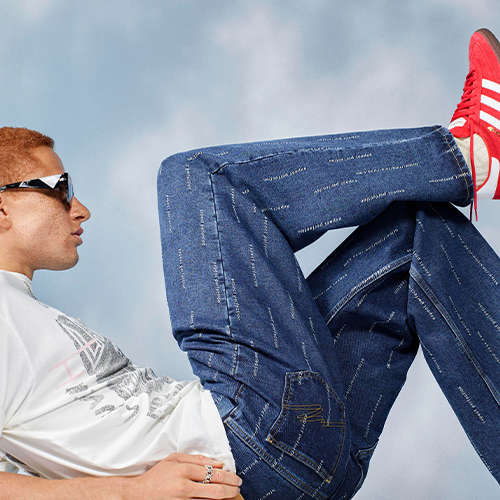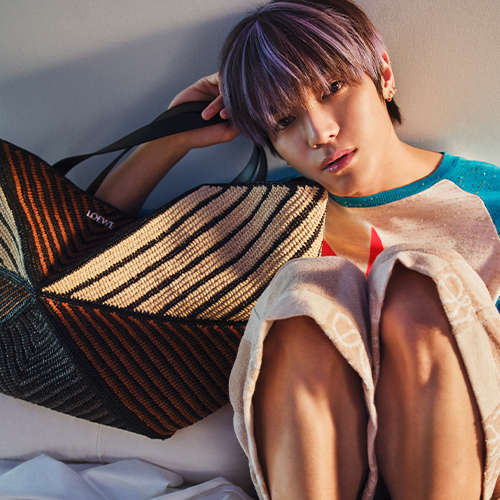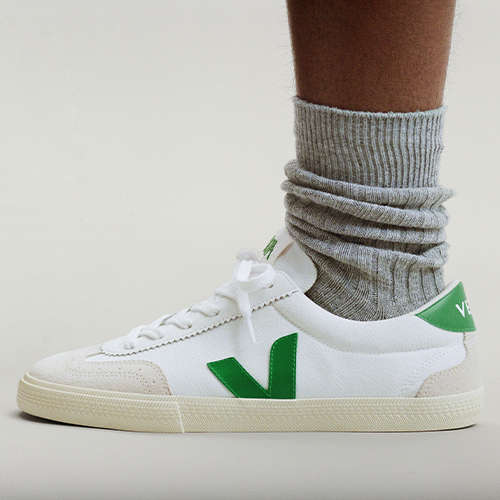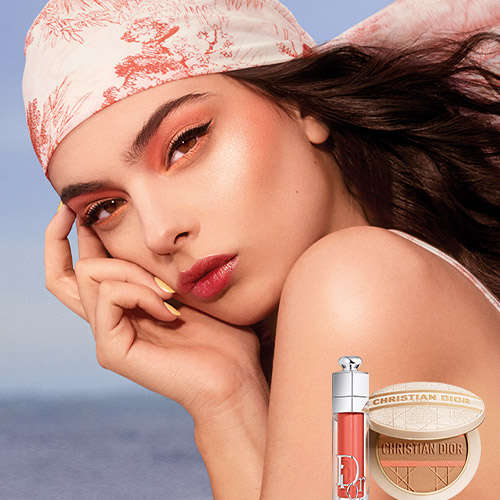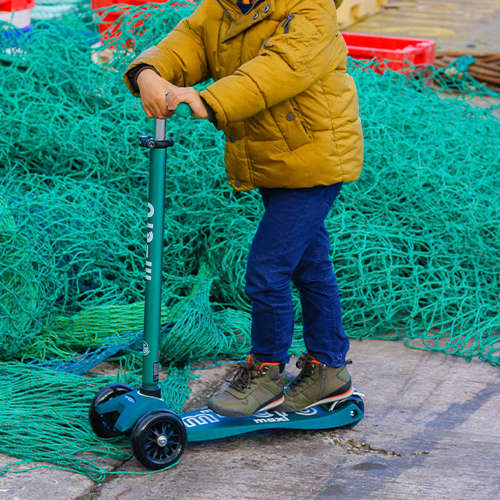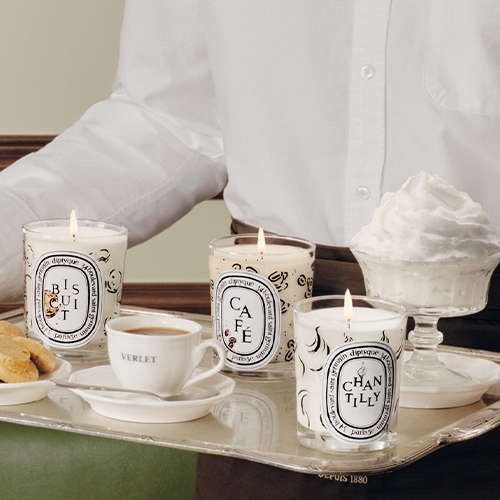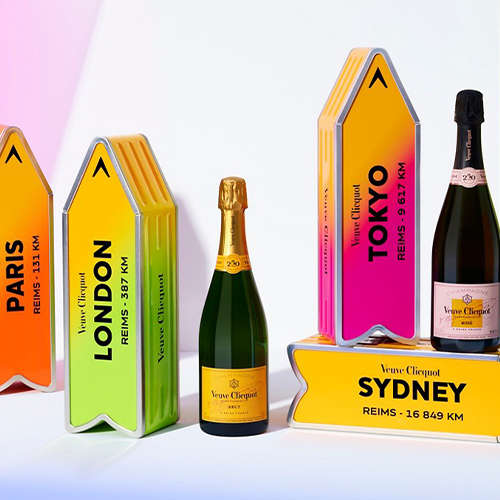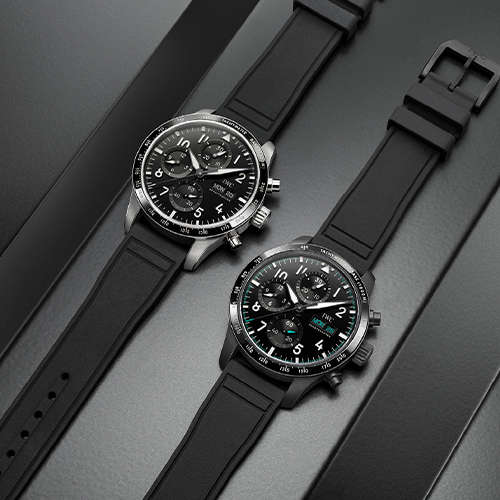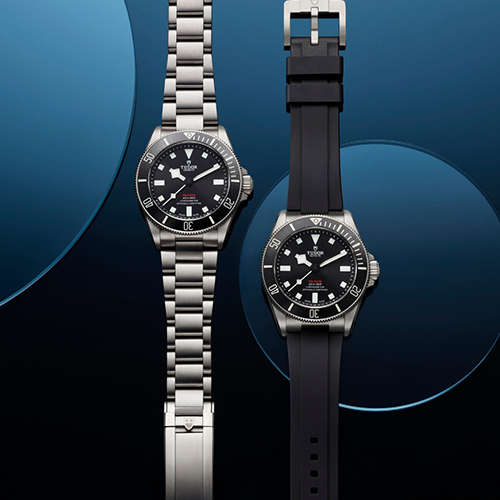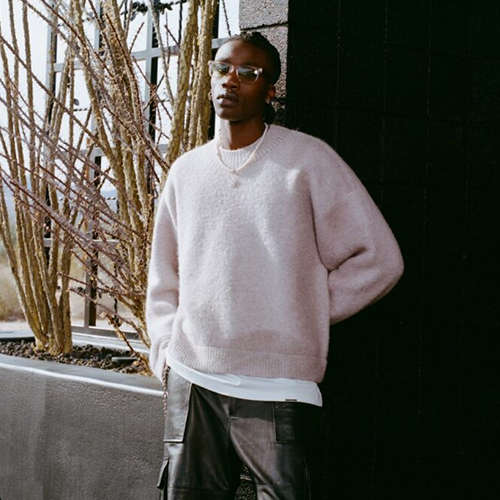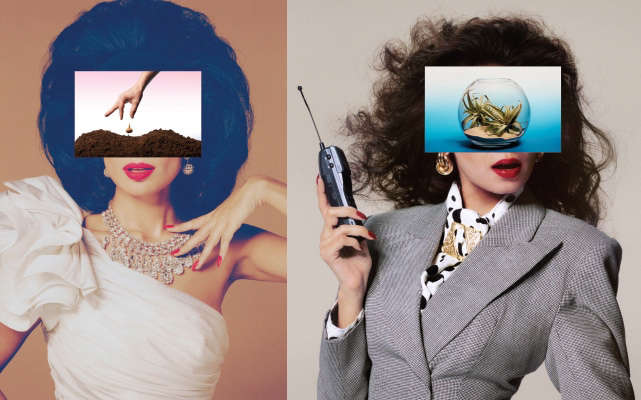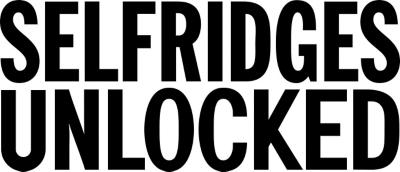- Australia / AUD $
- Canada / CAD $
- China / CNY ¥
- France / EUR €
- Germany / EUR €
- Hong Kong SAR China / HKD $
- Ireland / EUR €
- Italy / EUR €
- Japan / YEN ¥
- Kuwait / USD $
- Macao SAR China / HKD $
- Netherlands / EUR €
- Qatar / USD $
- Saudi Arabia / USD $
- Singapore / SGD $
- South Korea / KRW ₩
- Spain / EUR €
- Taiwan / TWD $
- United Arab Emirates / USD $
- United Kingdom / GBP £
- United States / USD $
- Not yours? Read more
Tell us what you think
Shop in your local currency and language
You are currently in United Kingdom GB / GBP £ store
- English
- English
- English
- English
- English
- English
- English
- English
- English
- English
- English
- English
- English
- English
- English
- English
- English
- English
- English
- English
- English
Did you know that we deliver to 130 countries or regions and offer a range of delivery options to suit you wherever you are in the world? Find out more
Sign up once to our Selfridges+ service and you can enjoy unlimited deliveries wherever you are in the world. FIND OUT MORE
International delivery
With almost everything on selfridges.com available for International Delivery, you can send your order to 130 countries or regions around the world, including North America, Australia, the Middle East and China.
Although we only offer 20 currencies to browse in online, you can still deliver to all of the following countries or regions:
- Algeria
- Andorra
- Antigua and Barbuda
- Aruba
- Australia
- Austria
- Azerbaijan
- Bahrain
- Bangladesh
- Barbados
- Belarus
- Belgium
- Belize
- Bermuda
- Bolivia
- Botswana
- Brunei
- Bulgaria
- Cambodia
- Canada
- Cayman Islands
- Chile
- China
- Colombia
- Costa Rica
- Croatia
- Cyprus
- Czech Republic
- Denmark
- Dominica
- Dominican Republic
- Ecuador
- Egypt
- El Salvador
- Estonia
- Finland
- France
- French Guiana
- Germany
- Gibraltar
- Greece
- Grenada
- Guadeloupe
- Guatemala
- Guernsey
- Guyana
- Honduras
- Hong Kong
- Hungary
- Iceland
- India
- Indonesia
- Ireland
- Israel
- Italy
- Jamaica
- Japan
- Jersey
- Jordan
- Kazakhstan
- Kenya
- Kuwait
- Laos
- Latvia
- Lebanon
- Lesotho
- Liechtenstein
- Lithuania
- Luxembourg
- Macau
- Malaysia
- Maldives
- Malta
- Martinique
- Mayotte
- Mexico
- Monaco
- Montserrat
- Morocco
- Myanmar
- Namibia
- Netherlands
- New Zealand
- Nicaragua
- Nigeria
- Norway
- Oman
- Pakistan
- Panama
- Paraguay
- Peru
- Philippines
- Poland
- Portugal
- Puerto Rico
- Qatar
- Reunion
- Romania
- Rwanda
- Saint Kitts and Nevis
- Saint Lucia
- Saint Martin (French part)
- San Marino
- Saudi Arabia
- Serbia
- Singapore
- Slovakia
- Slovenia
- South Africa
- South Korea
- Spain
- Sri Lanka
- Suriname
- Swaziland
- Sweden
- Switzerland
- Taiwan
- Tanzania
- Thailand
- Trinidad and Tobago
- Turkey
- Uganda
- Ukraine
- United Arab Emirates
- United Kingdom
- United States
- Uruguay
- Venezuela
- Vietnam
The Luxury
of Solitude by Will Self
I’m well aware that for many people the prospect of solitude, far from being pleasing – let alone luxurious – seems positively bleak, but I hope in what follows to convince even the most frenetically social of you that the truest, deepest, most refined repose is to be found in those hours when we choose to be by ourselves.
Anyone with a job that involves colleagues or co-workers, anyone with a family of any description, and indeed anyone who lives in one of the teeming termite heaps we call cities, will experience the very antithesis of solitude for much of their waking hours. Hustling and bustling our way through life, we’ve always to be on call. You know that feeling you have just before you enter a crowded room? That sensation of summoning your social persona as if it were a wayward dog? “Come along!” You admonish yourself: “Keep up! We’ve got to be me now!” But being me, and being now, are really two sides of the same stressful coin – and when we stop flipping it, we realise that in solitude we lose track of time, and of who we think we have to be. What a relief! It feels like sinking into a huge and soft sofa of the psyche.
I luxuriate in solitude – no, really, I do. Not for me is that Spartan condition known as isolation – a word that always makes me think of a prison cell – but instead I treasure, and indeed actively seek, situations in which I can enjoy my own company.
I always appreciated solitude as a child – and growing up in the sleepy, privet-lined suburbs of the 1970s, there was plenty of opportunity for it; yet it was only with adulthood, a family of my own, and a busy career, that solitude became a psychological necessity.
I certainly needed it for my work – as a writer I found that the voices of my characters came to me loud and clear once those of pesky flesh-and-blood entities fell silent. And I also found that solitude acted as a sort of tonic to my imagination: the more time I spent alone, the more I felt connected to a wider world of thought… and fancy. However, writing is far from being a relaxing experience, and I’ve certainly never been able to luxuriate in my own prose. No, the sort of solitude I prize decouples me from all deadlines, and leaves me floating in a warm and amniotic present.
Perhaps the most profound solitude I’ve ever experienced was a winter I spent living alone in an isolated house on the remote island of Rousay, in the Orkneys. The front windows faced directly onto a broad sound, the waters of which were ceaselessly perturbed by the everchanging weather. All along the shoreline, smooth grey boulders and multicoloured pebbles lay scattered across the rectilinear paving of old red sandstone. Gulls and other seafowl hung, motionless, in the steady pulsion of the wind, while offshore, the oiled labrador heads of seals surfaced… submerged… surfaced again. I would write in the early morning – before the late winter dawn – then, in the brief hours of daylight, I’d either walk along to the headland at the western end of the island, where the Atlantic spume shot from a series of blowholes in the cliffs; or else head up the hill behind the house. Atop the ridge, I could gaze down upon the island’s inland lochs, savouring this oddity: the prospect of water encapsulated by land that was itself encapsulated by water.
The sort of solitude I prize decouples me from all deadlines, and leaves me floating in a warm and amniotic present.
And yes: any given day might see me beset by the captious voices of conscience, duty or desperation, chiding me just as my real family, friends and colleagues might; but the postman only rang every few days, no one else called unannounced; while, in that airy, fluid era before we all got caught up in nets and webs, you’d only to unplug the landline to avoid any and all deadlines. The voices would fall silent as I combed the beach, assembling teetering towers of interestingly shaped stones, sea-scoured driftwood and sand-blasted chunks of green bottle glass. Absorbed in this pointless task, I soon enough forgot that I was an I at all: released from the prison of ego, seconds swelled into an enduring and crystalline present – one in which the being-that-was-me would luxuriate for hours.
And then, at the end of the short afternoon’s rambling, combing and sea-wrack sculpting, to return to the isolated house would be – paradoxically – like regaining civilisation. A truly civilised civilisation, for here there were no disputes about what to eat, where to sit or what to do. Entering an empty room, there was no now – and no need, therefore – to be me in it. A chicken would be roasted in the Aga, a bottle of red wine would be uncorked. The live radio broadcast from the Metropolitan Opera in New York would be put on, and eating and drinking would commence. With the captious voice of reflective self-consciousness reduced to a mere murmur, this was a state of the profoundest, most sensual absorption: the chicken tasted ineffably chickeny, and the prelude to Tristan und Isolde sounded more transcendently ethereal than ever before – or since. And best of all, there was absolutely no possibility of being interrupted – the evening stretched ahead, velvety and smooth, free from the abrasion of any other psyche.
That was then – but it remains, also, now. For if I ever desire to recapture the fierce rapture of that luxurious solitude, I’ve only to switch off the devices – decouple from time, and the people who insist on being on it. I’ve only to sink into something that’s emphatically not myself – as someone might lower themselves gingerly into a hammock – to return to that strangely comforting realm.
Words: Will Self

